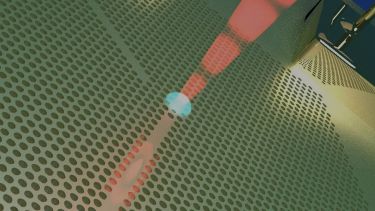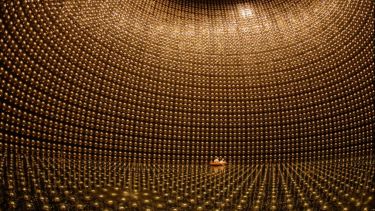Physics and astronomy research
We are proud to have come first in the UK in the Research Excellence Framework 2021 in terms of the quality of our research – 100 per cent of research and impact from our department was rated as world-leading or internationally excellent.
Join our research
Externally Funded Research Fellowships
Our support for externally funded Research Fellowships is designed to establish you as a research leader in an ambitious, vibrant and supportive environment
PhD opportunities
Each year, we offer a range of PhD opportunities across our research clusters.





